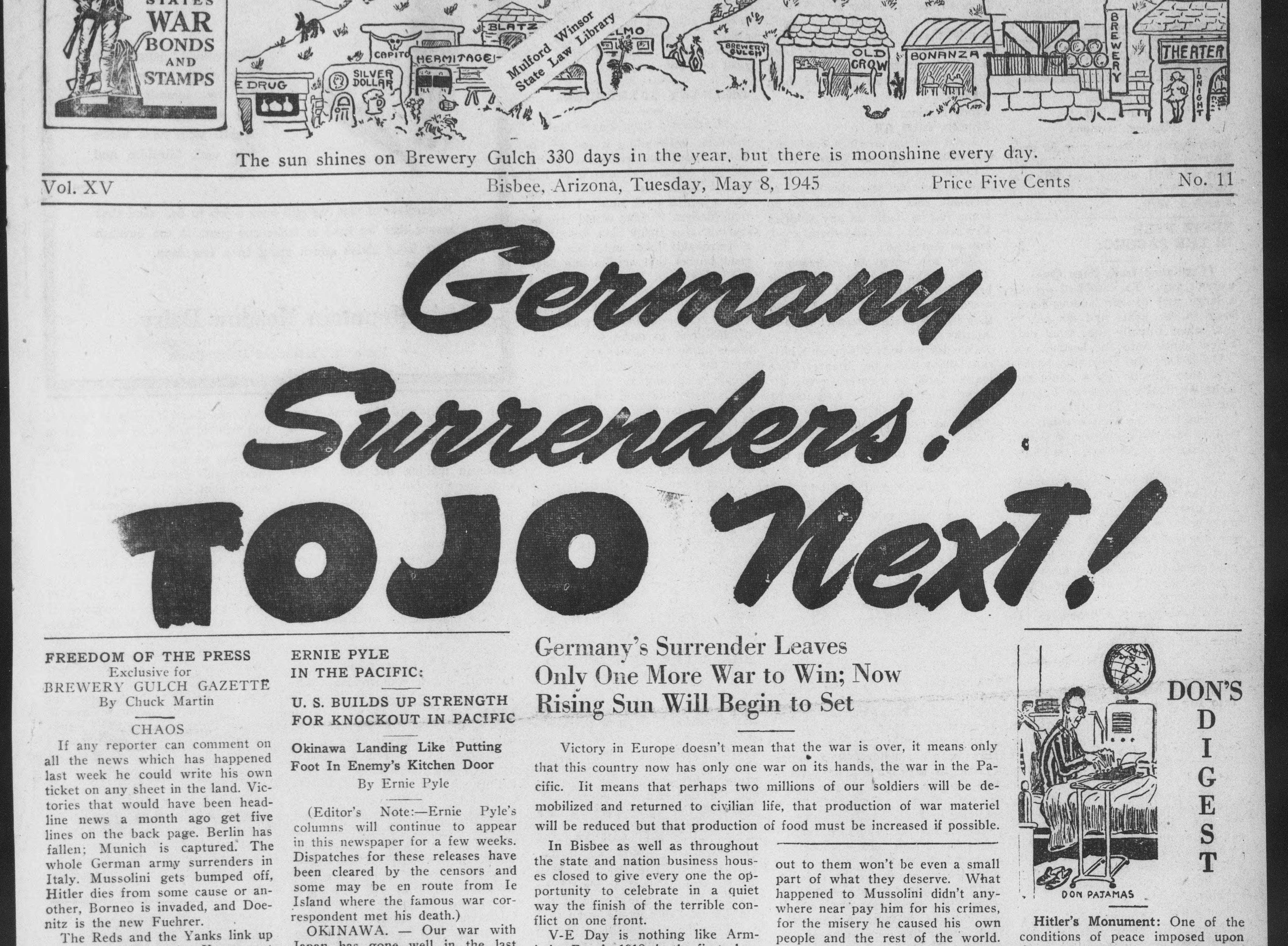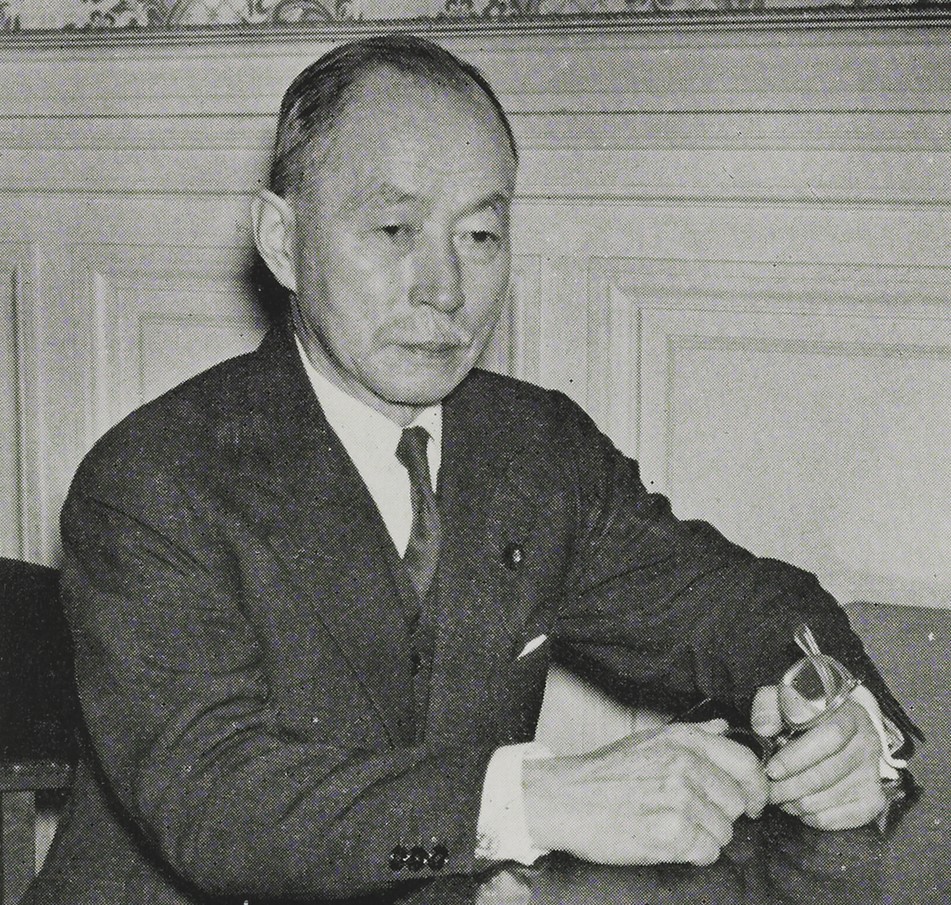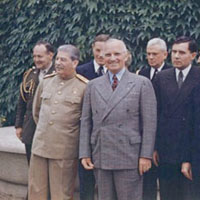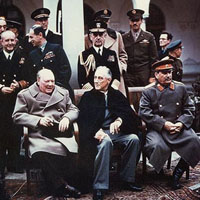Since the early 20th century, Japan had been aggressively expanding into Asia, making gains in China and Manchuria. As such, the military faction in the government gained significant influence with numerous victories. Militarism was deeply ingrained into Japanese society. This, alongside nationalistic ideas and belief in the divine right of the emperor, gave them the readiness to join the world war. Morale posters such as the one on the right showcase the eagerness of the people.
Translation:
"Should there be air raids,
They will not be intended for destroying our homeland,
But will be aimed to strike at our morale.
Are we to let them demoralize our YAMATO fighting spirit?"




